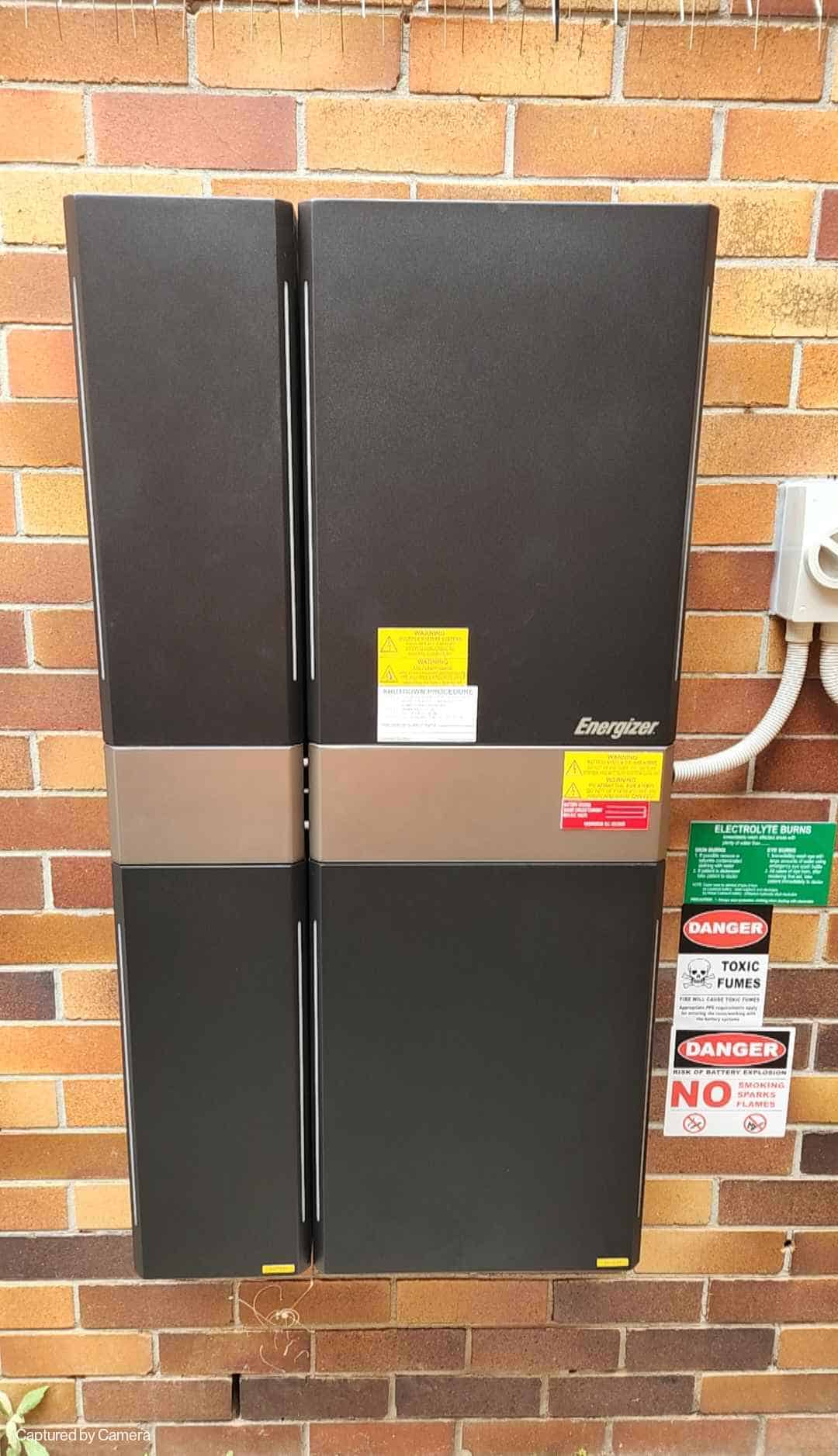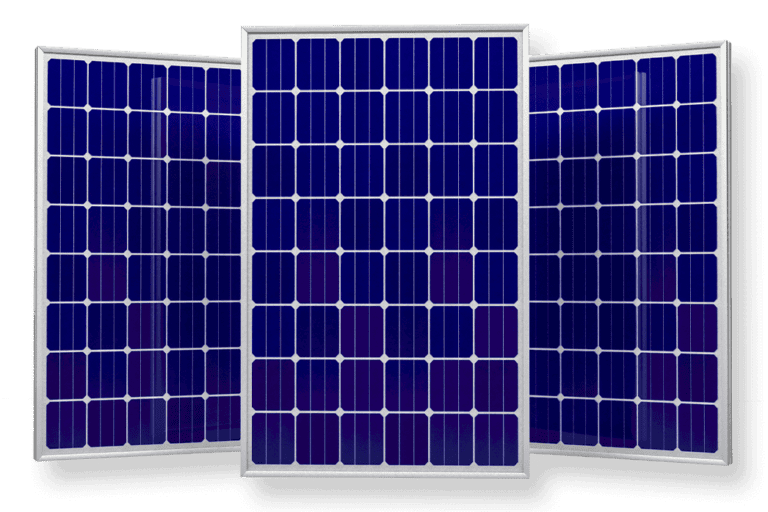How Long Do Solar Panel Batteries Last
If you're considering solar panel batteries, you should know that their lifespan typically ranges from 5 to 20 years. Factors such as battery chemistry, maintenance practices, and environmental conditions play key roles in determining how long solar panel batteries last. Understanding these factors can help you make informed decisions when it comes to choosing and caring for your solar panel batteries.
Key Takeaways
- Lithium-ion batteries last over 15 years.
- Lead-acid batteries endure 5-15 years.
- Battery chemistry impacts lifespan and efficiency.
- Ideal storage conditions and maintenance enhance longevity.
- Cycling frequency, energy needs, and temperature affect battery lifespan.
Factors Affecting Solar Battery Lifespan
Factors affecting the lifespan of solar batteries are important considerations that directly impact their overall performance and longevity in photovoltaic systems. Solar battery efficiency is a key factor influencing how long a battery will last. For example, lithium-ion batteries tend to have higher efficiency and can last over 6000 cycles, whereas lead-acid batteries typically last between 1500-3000 cycles. Additionally, battery discharge rates, known as Depth of Discharge (DoD), play an essential role in determining lifespan. Lithium-ion batteries, for best performance, are recommended to have a DoD of 80% to 95%.
It's important to note that maintaining ideal environmental conditions is crucial for prolonging the lifespan of solar batteries. Extreme temperatures and improper storage can have a notable impact on battery longevity. The ideal working temperature range for solar batteries is usually between 0°C to 50°C. By understanding and optimizing these factors, you can make sure that your solar batteries operate efficiently and have an extended lifespan in your photovoltaic system.
Types of Solar Panel Batteries
Understanding the various types of solar panel batteries is key to optimizing the longevity and performance of your photovoltaic system. Battery chemistry plays a vital role in determining the lifespan and efficiency of energy storage.
Lead-acid batteries, common in solar setups, typically last between 5 to 15 years. In contrast, lithium-ion batteries offer a longer lifespan, ranging up to 15 years or more in solar applications.
Saltwater batteries provide a moderate lifespan in solar systems while also emphasizing safety and recyclability. Flow batteries, known for their longevity, can last 15 to 25 years, making them a durable energy storage option for solar panels.
When considering the lifespan comparison of these battery types, it becomes evident that the type of battery significantly influences how long it will last in a solar panel setup. Selecting the appropriate battery chemistry is essential for maximizing the efficiency and durability of your solar energy storage system.
Environmental Impact on Battery Lifespan
Extreme temperatures play an important role in determining the lifespan of solar panel batteries, with the ideal working range typically falling between 0°C and 50°C. The environmental impact on battery lifespan is significant, especially concerning temperature sensitivity.
Lead-acid batteries are known to be particularly vulnerable to temperature fluctuations, which can diminish their performance and overall longevity. Conversely, lithium-ion batteries exhibit a more extensive temperature tolerance range, making them better equipped to handle varying environmental conditions.
Proper storage conditions are vital for maximizing battery lifespan, with climate-controlled environments playing a key role in extending overall longevity. Understanding the environmental impact on solar battery lifespan emphasizes the necessity of maintaining ideal storage conditions and temperature ranges to enhance battery performance and increase their lifespan.
Signs for Battery Replacement
If you notice a decline in your solar panel battery's capacity to hold a charge, an increased need for frequent recharging, or a faster self-discharge rate, these could be signs that it's time for a replacement. Such performance indicators like reduced energy storage capacity and an uptick in charging frequency are important signals to take into account when evaluating battery health.
System malfunctions like erratic power output or frequent errors could also indicate the imminent need for a new solar panel battery.
Battery Performance Decline
When observing battery performance decline in solar systems, reduced capacity and elevated self-discharge rates are key indicators that signal the need for battery replacement. Battery degradation manifests through diminished capacity, resulting in decreased energy storage capabilities.
Performance decline becomes evident with higher self-discharge rates, indicating potential battery degradation. Malfunctions like inconsistent performance or the inability to maintain a charge may also suggest the necessity for replacement.
To address these issues, consulting a qualified installer is crucial to identify suitable replacement options that align with specific system requirements and compatibility. Opting for replacement solar batteries from reputable installers guarantees quality products and ensures reliable performance within the solar system.
Decreased Energy Storage
Monitoring the energy storage capacity of your solar batteries is essential for identifying signs that may necessitate their replacement. A key indicator is the reduced storage capacity, which manifests as the batteries' inability to hold a charge as effectively as before.
Elevated self-discharge rates, where the batteries lose power even when not in use, also point towards declining performance. Keep an eye out for irregular charging or discharging patterns, as these can signal underlying system malfunctions that may require battery replacement.
Additionally, a decrease in overall efficiency in storing and retrieving energy implies the need for new solar panel batteries. By monitoring energy output and storage levels closely, you can proactively address any declining performance and assess the potential need for replacement.
Increased Charging Frequency
Increased charging frequency in your solar panel batteries may serve as a key indicator that replacement is necessary. When you notice your batteries requiring more frequent charging cycles, it could mean that the charging efficiency has decreased, impacting energy consumption.
This uptick in charging frequency may lead to decreased overall performance and storage capacity of the batteries. To assess if replacement is needed, monitor for any system malfunctions or reduced battery capacity, which are signs of battery degradation. Seeking advice from a professional installer can help determine the most suitable replacement options based on your specific setup and needs.
Regular monitoring and maintenance are vital to identifying the best time for replacing your solar panel batteries.
Solar Batteries Vs. Solar Panels Lifespan
When comparing solar batteries to solar panels, it's imperative to note the disparities in their lifespan. Solar panels generally outlast batteries, enduring approximately 25-30 years compared to batteries that may require replacement every 5 to 20 years.
Factors such as cycling frequency, energy needs, battery type, temperature, and upkeep play vital roles in determining the longevity of solar batteries.
Battery Longevity Comparison
Comparing the longevity of solar batteries to the lifespan of solar panels reveals a significant difference in their expected durability.
- Solar panels typically last 25-30 years, outlasting most solar batteries.
- Solar batteries generally last between 5 to 20 years, requiring replacement during a solar system's lifespan.
- Solar panels may not need replacement as often as solar batteries due to their longer lifespan.
This disparity is influenced by battery technology advancements and the longevity sustainability of solar panels. While solar batteries have seen improvements, such as enhanced capacity and cycle life, they still fall short in lifespan when compared to solar panels. This comparison highlights the importance of considering both components' longevity when planning for a solar energy system.
Factors Affecting Lifespan
The longevity disparity between solar batteries and solar panels can be attributed to various factors affecting their lifespan. Solar panels typically last 25 to 30 years, while solar batteries usually endure 5 to 20 years. One key factor is battery maintenance, as proper care can greatly extend their lifespan.
Additionally, storage capacity plays a vital role in how long a solar battery can last, with larger capacity batteries generally having a longer lifespan. Understanding these differences is essential for effective system planning.
Solar panels tend to outlast batteries, meaning replacements may be necessary once or twice during the panels' lifespan. Considering these factors can help optimize the performance and longevity of your solar energy system.
Maintenance Tips for Longevity
For peak longevity of both solar batteries and solar panels, routine maintenance checks and adherence to manufacturer recommendations are essential practices.
To guarantee the longevity of your solar batteries, consider the following maintenance techniques and longevity strategies:
- Regular monitoring and inspections are vital for prolonging the lifespan of solar batteries.
- Following proper charging and discharging cycles, as per manufacturer recommendations, can greatly extend the battery's longevity.
- Ideal storage environments with controlled temperatures and ventilation play a key role in preserving the health of solar batteries. Avoid overcharging, ensure proper ventilation, and seek expert guidance to maximize efficiency and lifespan.
Maximizing Solar Battery Longevity
To optimize the longevity of solar panel batteries, prioritizing meticulous maintenance practices is essential. Proper maintenance involves implementing ideal charging strategies and controlling temperature levels.
Overcharging should be avoided as it can greatly reduce the lifespan of batteries. Extreme temperatures, both high and low, can also have adverse effects on battery health. Ensuring that the batteries are stored in a climate-controlled environment can help mitigate these temperature-related issues.
Additionally, monitoring the depth of discharge (DoD) is vital, with lithium-ion batteries showing better longevity when subjected to lower DoD rates. Quality installation plays a key role in maximizing the lifespan of solar batteries, as it sets the foundation for efficient operation.
Warranty Considerations for Solar Batteries
When contemplating solar batteries, what essential aspect should you carefully examine to guarantee long-term coverage and reliability? Understanding the warranty coverage is critical for making an informed decision when investing in solar batteries.
Here are some key points to ponder:
- Warranty Coverage: Lithium-ion batteries typically come with a warranty of 10 years or more, providing long-term assurance for your investment.
- Pro Rated Terms: Be aware that warranty terms for solar batteries may be pro-rated, meaning that coverage decreases over time. Understanding the pro-rated terms is essential to manage expectations.
- Cycle Count: A higher cycle count in the warranty is preferable as it ensures longevity assurance. Batteries designed for deep cycling, like lithium-ion ones, often offer warranties that support their intended usage.
Carefully reviewing these warranty considerations will help you choose the right solar battery system that aligns with your long-term energy needs.
Frequently Asked Questions
How Long Can a Solar Battery Hold a Charge?
When considering how long a solar battery can hold a charge, various factors like battery longevity and technology advancements play a significant role. Enhancing charging efficiency and considering environmental impact are crucial for sustaining charge duration.
Is It Worth Getting Battery With Solar Panels?
Wondering if it's worth getting a battery with solar panels? Consider this: Cost comparison and energy efficiency are important factors. Adding batteries can boost self-consumption and grid independence, enhancing your system's resilience.
How Do I Know When My Solar Battery Needs Replacing?
To know when your solar battery needs replacing, monitor for reduced capacity, increased self-discharge, or system malfunctions. Utilize battery testing techniques and track lifespan indicators. Consult a professional for guidance on suitable replacements based on your system requirements.
How Long Will a 10kwh Solar Battery Last?
When caring for a 10kWh solar battery, factors such as battery type and storage conditions greatly influence lifespan. Proper maintenance and adherence to guidelines can extend battery life. Lithium-ion batteries typically last longer than lead-acid ones.



